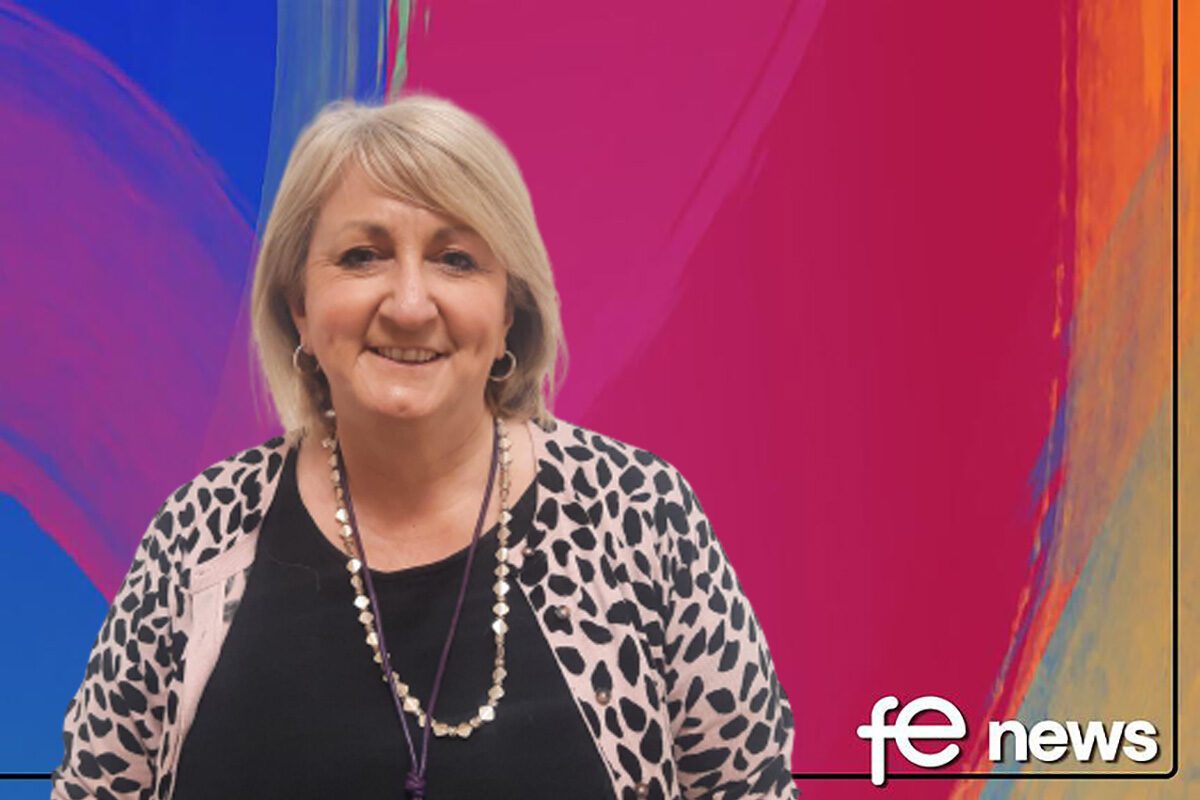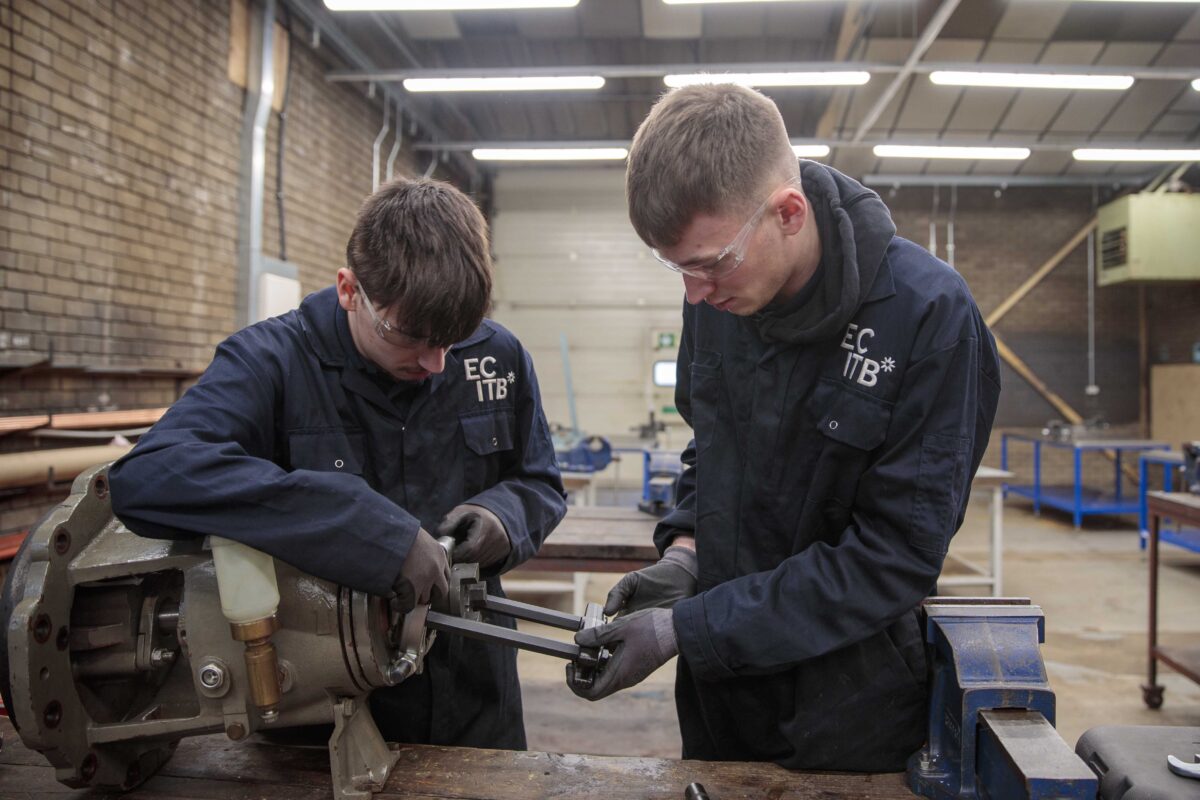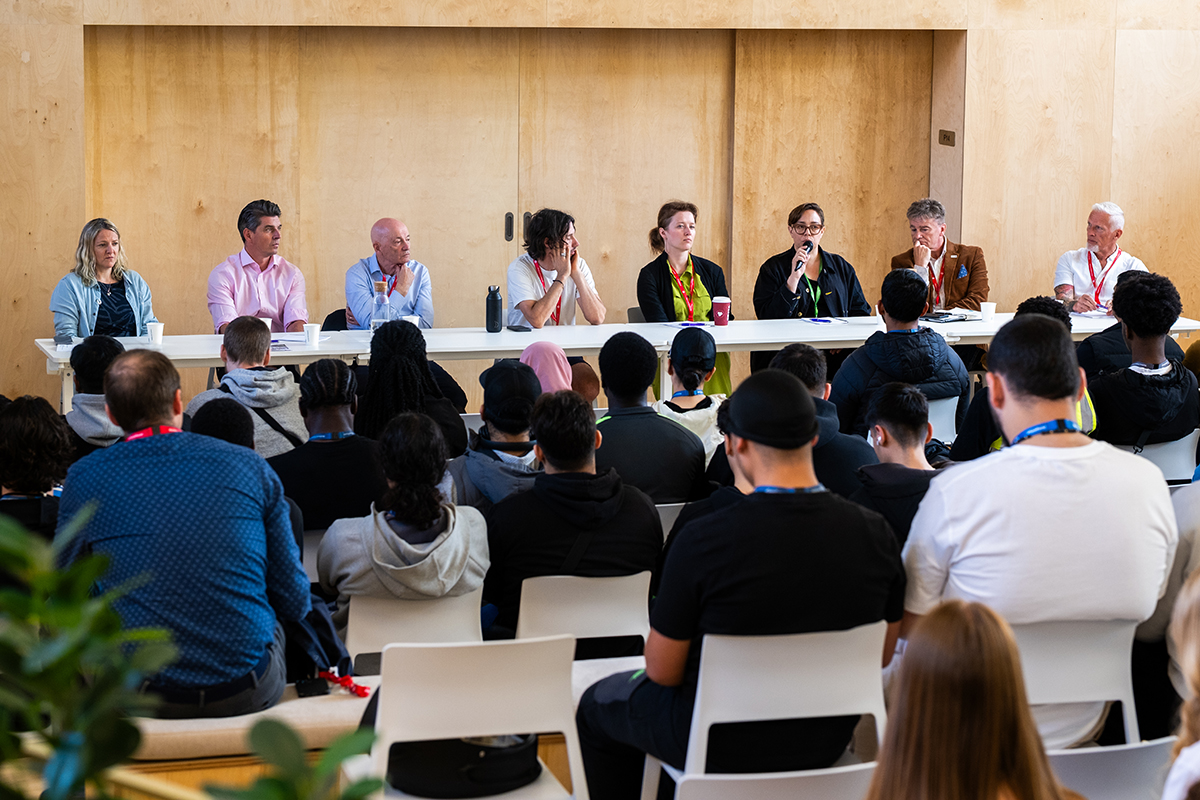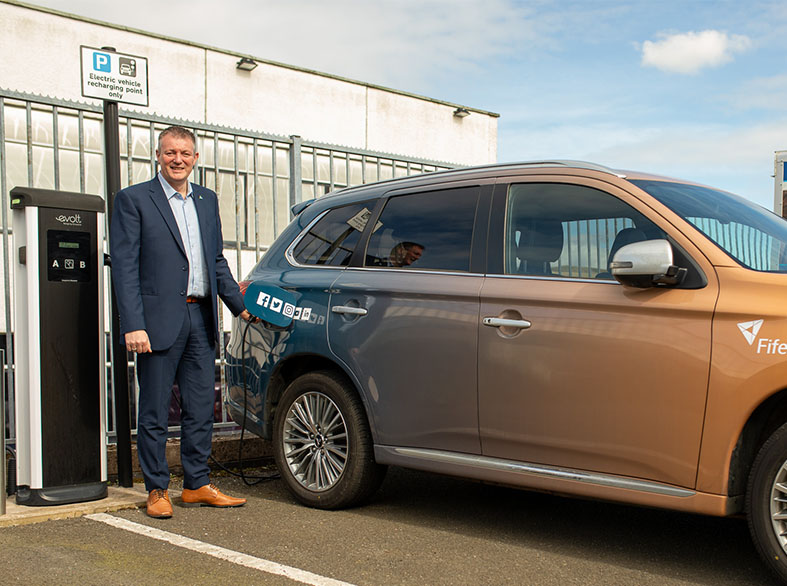Collaboration gives us the chance to build a better today and a brighter tomorrow for all

The Tertiary Education and Research (Wales) Bill, which is currently making its way through the Senedd (the Welsh Parliament), proposes some big changes to the way post-16 education is organised in Wales.
If passed, the bill would dissolve the Higher Education Funding Council for Wales and create, in its place, a new Commission for Tertiary Education and Research.
The Commission would be responsible for funding and regulating the entire post-16 education sector – from sixth forms and FE colleges, apprenticeships, and other work-based learning, to universities and adult community education.
There are still some issues to work through to get this mammoth bill right
While there are still some issues to work through to get this mammoth bill right, I believe that it presents a unique opportunity for us all to rethink what our post-compulsory education system looks like: to make it work – and work well – for all our students and our wider society.
Notably, the bill (as currently composed) creates nine new statutory duties for the proposed Commission, which include the promotion of lifelong learning, the promotion of equality of opportunity, and the promotion of collaboration between the different parts of the tertiary sector, among others.
These kinds of duties reflect the values and ethos of The Open University to a tee. They also reflect the values of many others working in education, perhaps particularly our colleagues in FE. We see every day the lifechanging power of what we do, and the value in us working together.
The pandemic has proven beyond all doubt that the days of the traditional model of education are over. It could not be clearer that what we need now is not a single-track approach to learning where the journey ends with a degree at the age of 21, but a more fluid approach where people can dip in and dip out at different levels throughout their lives, as and when they need and want to.
It is in that kind of approach that the principle of collaboration between further and higher education becomes even more important: so that people can find the provision that’s right for them at a given time, but also see how they can take their learning to the next level.
So that we are not simply making our own contributions to society but are joining forces to respond collectively to the needs, challenges, and opportunities of the communities we serve, helping us all reach yet more people and make an even bigger impact.
It’s this kind of thinking that led The Open University in Wales to work with tutors at Cardiff and Vale College during the first lockdown. We delivered workshops to support the College’s pivot to online learning and teaching and shared our pedagogical expertise in distance learning. That initial collaboration helped lead the way to a comprehensive pedagogical support project, which continues to evolve.
Developing a better shared understanding of how learning works
Developing a better shared understanding of how learning works (both the commonalities and differences) across FE and HE really matters, and will be the foundations of any work we want to do to build the kinds of pathways that make learning throughout life a realistic prospect for many more people.
Building that shared understanding of what is needed at different levels of learning means we can draw on the support of each other and create greater flexibility and range in both the HE and FE offers.
Just recently, we’ve been working with colleagues at Grŵp Llandrillo Menai and Gower College Swansea to deliver CPD workshops to their staff, introducing the English and bilingual Maths flexible essential skills courses we host on our free online learning platform, OpenLearn.
These flipped learning opportunities mean we are working together across HE and FE to build confidence in learners and help them feel ready to move on with learning, whether in person or online.
It is clear that, to make this new system work and to plan across traditional boundaries, we must all, whatever part of the system we work in, be prepared to think differently about the kind of provision we can offer our learners and how we can work together to deliver it.
Of course, this kind of thinking is not new; Wales has a long and proud history of collaboration and collegiality – in the education sector and beyond. Indeed, it is a key tenet of our world-first Well-being of Future Generations (Wales) Act 2015.
Our job now is to take this further. It is natural, perhaps inevitable, that some of this will feel uncomfortable. Despite things like the Well-being of Future Generations Act, we are all still trained to think about our own patch, our own interests, and our own pots of money.
But if we work through that discomfort and keep our minds focussed on those whom we serve, then we’ll find that common purpose to drive us forward. Sometimes when we talk about our ‘communities’, that term can be a bit amorphous. In truth, what we’re talking about is the people, the families, and the businesses and organisations around us.
It is they who need us to work together to deliver a system that works for them, meets their needs, and provides for the future.
‘Civic mission’
‘Civic mission’ is a term that will be familiar to readers in Wales. Broadly, it’s the sense of how universities interact with their communities and operate for a wider public good – something all universities do differently depending on their own circumstances.
If we all take our civic mission – our systems leadership, as described in the recent Going further and higher report from the Independent Commission on the College of the Future and Sheffield Hallam University – to the next level, something really exciting can happen for learners.
Our goal should be an education system where all the different parts are working together, where opportunities to learn are multiple and lifelong, and where, together, the contribution we make to our communities is designed for maximum positive impact, both now and in the future.
Now that’s a mission we can all get behind.
By Louise Casella, Director of The Open University in Wales











Responses